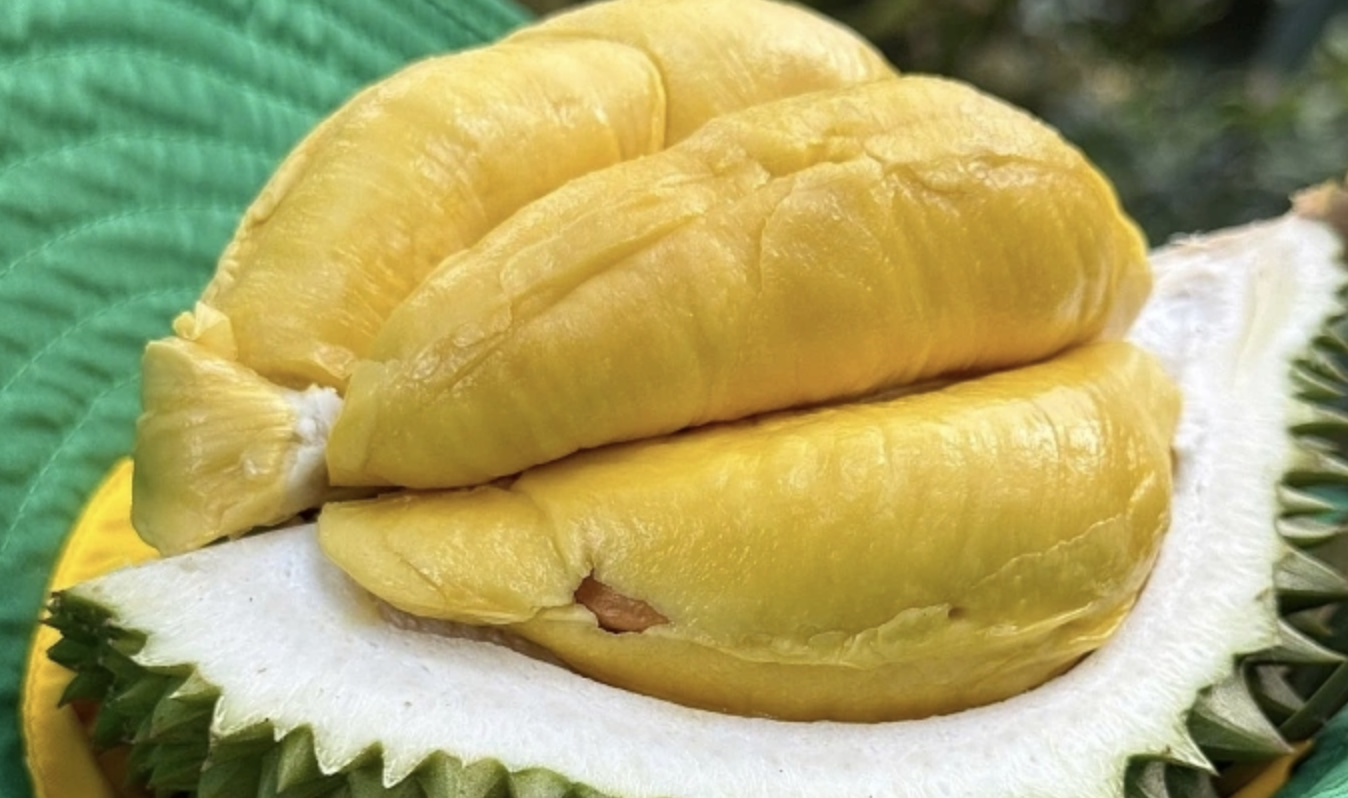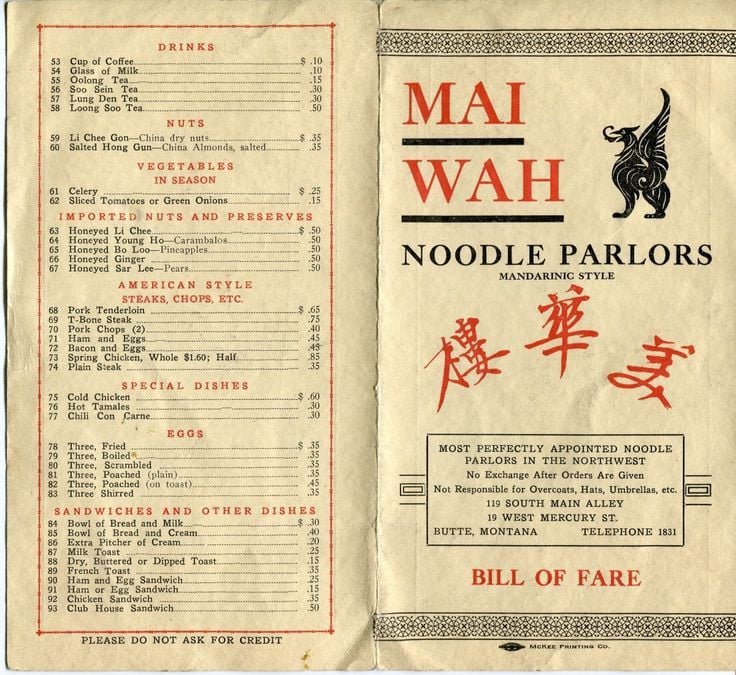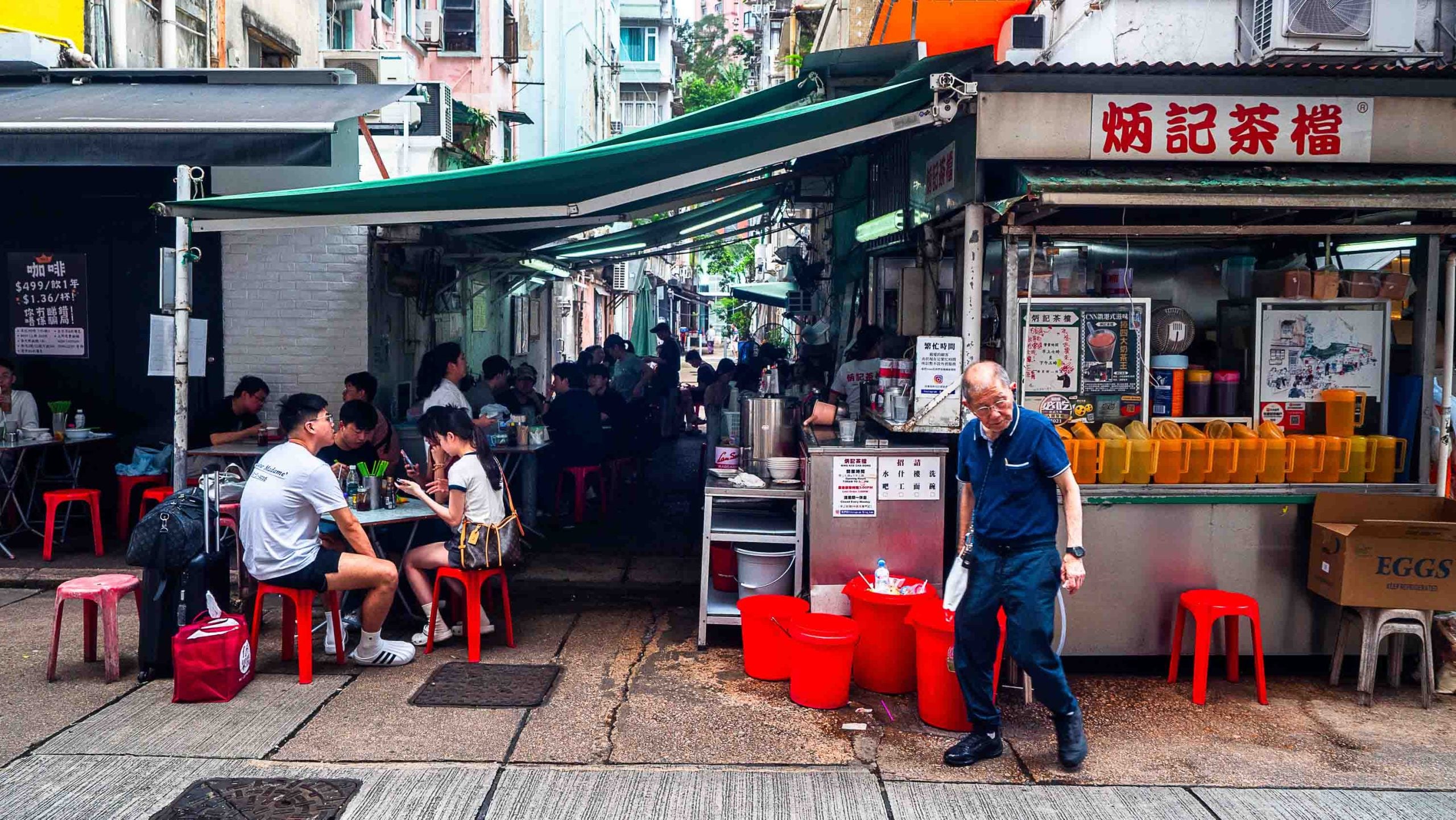She took the bag of white tea and showed it to me. “This is bai mudan,” she said. I gave a quiet sigh. “No, it’s not.” Everyone around me gasped, and the owner shot me a look. I calmly looked her right in the eye, 100% sure of my statement. “This is gongmei,” I continued. She looked at the leaf, murmuring as if she didn’t quite believe me. “Hold on, let me go get my white tea from upstairs.”
I first noticed this tea shop as I stepped out of a cab in the city of Fuzhou in southeastern China. I was coming from the nearby city of Fuding, and was planning to catch a train to Huangshan the next morning. It was a small shop located directly next to my hotel. Its location led me to immediately that it would be overpriced, a shop placed next to a hotel to sucker tourists into buying bad tea — not something that would be worth my time. But when a woman at the door invited me to come in, I was interested to check it out anyway.

The room was small, with a tea table in the middle and a hallway that led to rooms in the back. The first thing I noticed when I walked in was that all the people sitting around the table were young, seemingly in their late 20s — unusual for a tea shop, where the typical patrons are pushing 40. They all seemed to know each other, and were joking between one another.
I sat down, and the owner poured me a cup of yan cha. I listened to their conversations and pretended to understand as I took a sip of the tea. What I tasted caught me completely off guard — the tea was good.
Related:
 The Remarkable Value of Yan Cha, an Oolong with a Rich HistoryArticle Aug 01, 2017
The Remarkable Value of Yan Cha, an Oolong with a Rich HistoryArticle Aug 01, 2017
One problem with yan cha teas is that they are often over-roasted. Small, subtle but key components of the flavor are often completely covered up by the roast. This tea, however, didn’t have that problem. Upon taking a sip I automatically recognized it as rou gui. The cinnamon flavor was evident, and showed depth that set it above the average rou gui. The tea even left a mineral flavor on the teeth, which suggested that it might be from Zheng Yan, the most sought-after yancha territory.
Unable to express my surprise at the remarkable good rou gui, I sat and enjoyed the tea in quiet pleasure. At one point I turned to the man next to me, who didn’t seem as invested in the conversation, and, in the little Chinese I know, asked if he liked to drink tea. He smirked and nodded as if it was a stupid question. He then typed something out on his phone, and when he showed it to me I understood completely why it was a dumb question — on his phone’s translation app was written, “I made this tea.” I was sitting directly next to the man who had made this awesome tea. I laughed, and at this point realized that I had been wrong, and that this was no ordinary tea house.
Using my translation app I began, to chat with the woman brewing the tea. She was originally from Ningde, and had been running this tea shop in Fuzhou for close to three years. The owner was knowledgable, but was open to learning more about tea. She told me that she had been a tea drinker before, and she wanted to share this healthy drink and eventually create her own brand. We began talking about all sorts of teas, which is how we’d gotten on the topic of white tea.

The difference between gong mei and bai mudan is most evident in the leaf and bud size. Bai mudan is picked earlier, and therefore has a fatter bud and a smaller leaf. Gong mei can be identified by its small bud and large leaves. (As the season goes on, the bud gets smaller and the leaves get larger.)
We finished the white teas and began trying many other teas, discussing what we liked and disliked about each. The conversations went into the night, and resumed again the next morning.
It isn’t easy to find a good tea shop. From the ones that sell bad tea, to the ones that try to overcharge you, to the ones whose owners are just unpleasant, it’s hard to find a place where you can enjoy good tea in a fun environment. This is exactly what you can find at Osaka road, Park Street, 8th in Fuzhou City. Good tea, good people, and a simple good time.
| Column Archive |


















